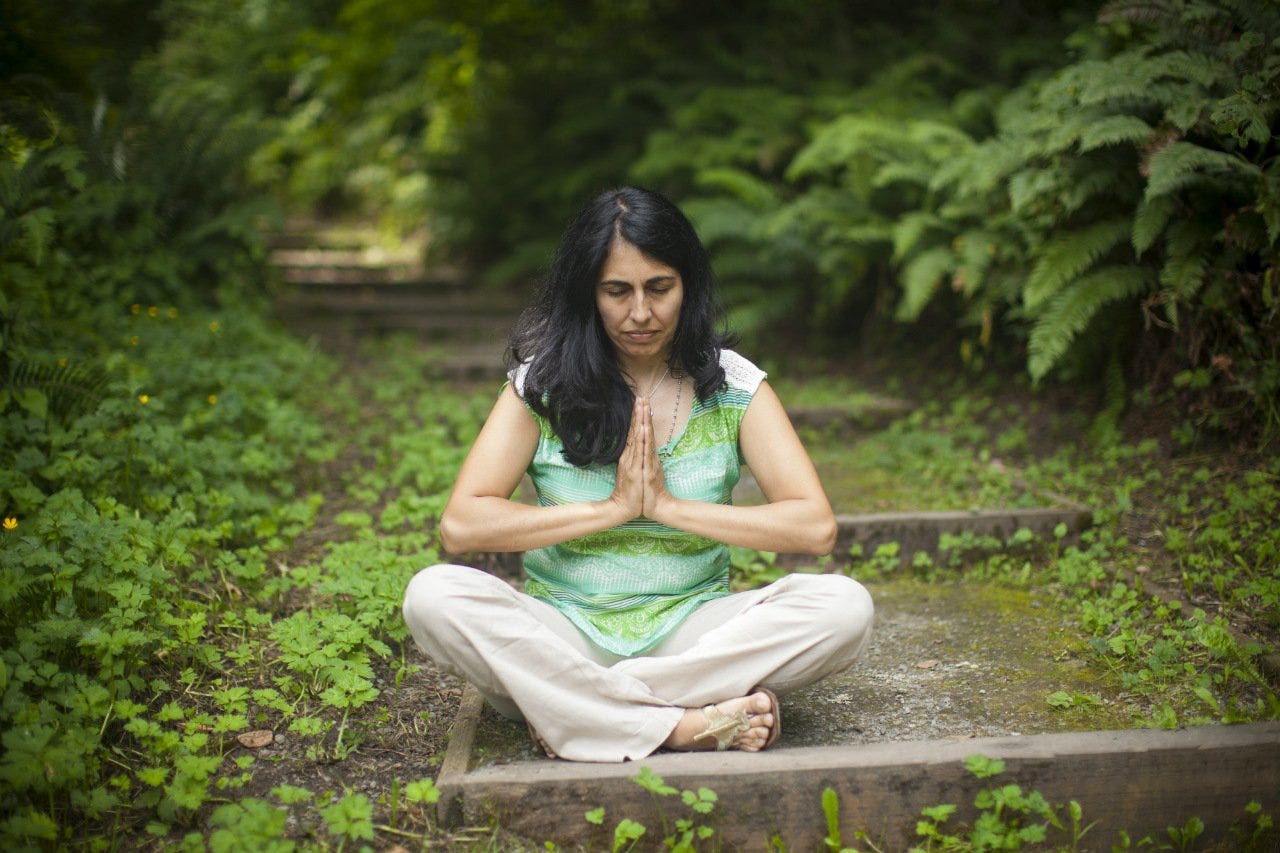Gratitude Deconstructed (aka a PR refresh)
Why this practice will keep you whole in a broken world
It starts early in childhood for most of us, the nudge to say “Thank you.” To relatives, teachers, friends. Even when we don’t feel like it. Even for gifts we didn’t want. Thank you is the polite way to go.
But if you think about it, I think this childhood forced habit, although well-intentioned, may have set us up to underestimate the power of this practice.
I’m campaigning for a PR redo for the misunderstood tool of gratitude.
A complete brand refresh.
Gratitude isn’t some forced positivity or polite ethic.
It’s far more powerful than that.
Let’s first look at the science.
🔬 When you practice gratitude, you release dopamine which yes, is part of the reward system. But also it’s a key component of our capacity for pleasure and emotional resilience. AND the effects last past the act itself.
🔬 If you express your gratitude out loud rather than just think about it in your mind, you have more positive effects in your brain.
🔬 This expression is also powerful in written form (this is why a journal or writing gratitude letters is so powerful for your neurochemistry.)
🔬 Gratitude for a lesson learned or human capacity cultivated from a past trauma helps the brain assign a new meaning to that suffering. (Notice I did not say you need to be grateful for the trauma itself, you don’t need to excuse an evil or injustice) You get to rewrite the narrative.
🔬 Gratitude helps you sleep better, your immune system function better and the more you practice it, the more you want to practice it.
Gratitude creates space for more gratitude.
But then there’s the effects science cannot study.
🙏🏽 Gratitude fundamentally helps you look at your life instead of away. Even the hard things.
🙏🏽 Gratitude cultivates your capacity to see the good in this world. Your brain is wired to see the danger and fear. To survive. But if you want to thrive, you need to see a wider continuum.
🙏🏽 Gratitude allows you to see a wider range of the human experience.
Gratitude allows you to see the indestructible goodness in the world and in yourself. This is a superpower.
I literally use the power of gratitude all day.
Yes, it started by doing some gratitude journaling years ago and that’s how I start it with my patients.
But it has evolved into much much more.
And if you watched my TEDx talk on the healing power of gratitude, you would also know that I use it in the very hardest of circumstances. I’m not messing around.
Now, no matter what happens, I feel the hard but also look for the good. The connection, the love, the meaning. Always.
It’s not false or contrived. It’s a wider picture.
I cry, scream and even rage when life hurts me, which is all too often.
But I also revel in wonder and awe at how life still holds me through all of that.
Now, I wonder if it’s just that when I was a kid, someone might have told me more when they urged me to thank a relative for a gift. Maybe they could have said more than it’s nice to say thank you or the right thing to do.
Maybe they could have pointed out that even if the gift wasn’t useful or great or if the relative wasn’t my favorite, that the thank you might have been more about seeing the act or at least effort of love and connection they were putting forth in the gift, so I could have seen more.
I’m telling you, this practice needs a brand refresh. I’m feeling kind of bad it’s gotten such a rap of wishy-washy-ness. When really it needs a superhero cape.
So I hope if I express gratitude for you being here and reading this, you’ll know it’s much more than just my gratitude for your support. It’s about me understanding that you’ve given up time in your life to read my words and ponder them, that you’ve given me space in your heart and that it’s simply magical that somehow, someway the world has come to a state where I can write and people, many of whom I simply will never meet, receive the words and hold them in their hearts and share them with others.
This is simply a miracle.




